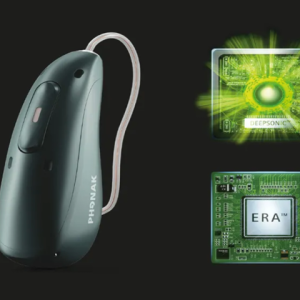
Gaming adoption of Virtual Reality (VR) and Augmented Reality (AR) headsets will drive a five-fold sales boom by 2022, with business uptake also growing.
That’s according to market trend watchers CCS Insight this morning. The research house expects the technology to be worth $1.8 billion this year and $9.9 billion in 2022.
Gaming remains the primary reason for sales of VR devices and this is unlikely to change over the next few years, the report notes.
Despite “disappointingly low” adoption of smart glasses by business to date however – with approximately 24,000 sets purchased by businesses in 2017 – CCS is bullish on the outlook for their broader commercial use.
George Jijiashvili, CCS Insight’s senior analyst for wearables, said: “VR headsets have been the main source of growth in unit sales to date. However, we expect stand-alone headsets like the Oculus Go and HTC Vive Focus to ignite a new wave of growth that will help broaden the appeal of VR, particularly with businesses and in education”.
Jijiashvili added: “We’ve seen significant improvements in the size, weight and design of smart glasses over the past 12 months. The potential of this technology is clear, but so far most companies are evaluating a few units to see how the technology fits into their operations”.
Google Driving Smartphone AR Push
The research comes as Google ramps up its work on smartphone cameras, in February announcing the release of its ARCore software development kit (SDK), which allows Android developers to build apps that can understand an environment through a smartphone camera; placing objects and information in it.
It’s an area that – despite tech giants Apple, Amazon, Google, and Microsoft all raising to develop mainstream AR headsets or glasses – has been dominated in terms of commercial and industrial applications by oil and gas companies looking to cut the costs of flying teams of engineers out to remote sites.
Google is among those rapidly playing catch-up, with retailers seemingly a particular focus.
As Director of Engineering, AR, Anuj Gosalia, put it in a blog post: “[Using ARCore] Snapchat has created an immersive experience that invites you into a “portal”—in this case, FC Barcelona’s legendary Camp Nou stadium. [You can] see Porsche’s Mission E Concept vehicle right in your driveway, and explore how it works… In China, place furniture and over 100,000 other pieces with Easyhome Homestyler, see items and place them in your home when you shop on JD.com.”
Magic Leap in the Wings
Mysterious US-based start-up Magic Leap meanwhile continues to tease its bug-eyed AR goggles – after raising well over $2 billion since 2011.
The company confirmed this week to MIT Technology Review that it had shipped an initial batch of headsets to developers, but few details have emerged yet on price or commercial delivery to interested developers.
The company has filed over 230 patent applications as of early this month. It has been granted nearly 50— most relating to technology for projecting and displaying virtual images in real-world environments.






